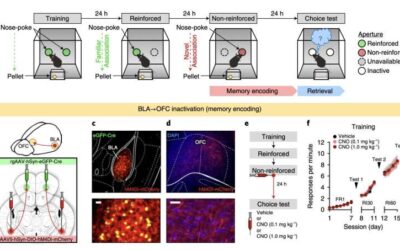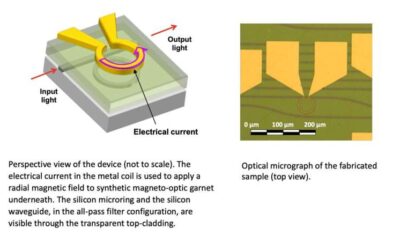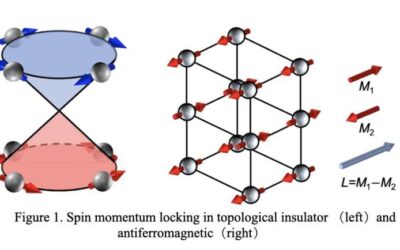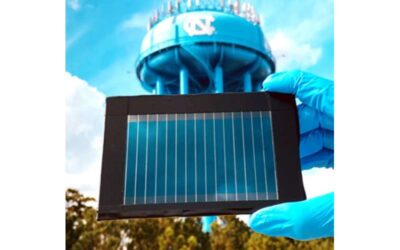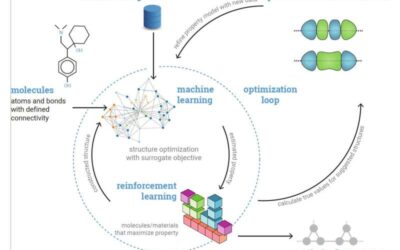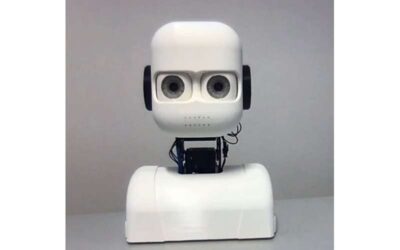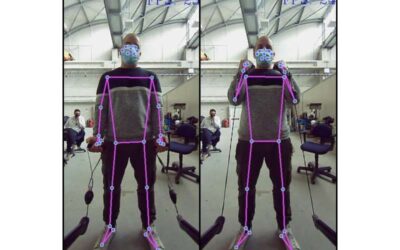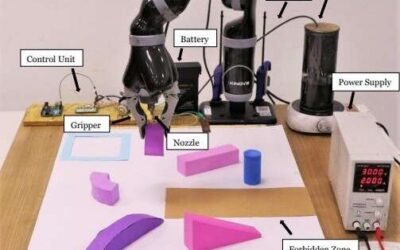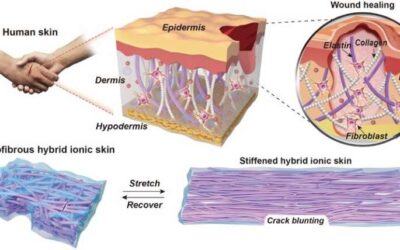Li-ion batteries, rechargeable batteries based on lithium ions, are currently used to power a wide range of electronic devices, ranging from smartphones to portable computers, toys, wireless headphones, and electric vehicles. Despite their remarkable performances,...
TECHXPLORE
A magneto-optic modulator could facilitate the development of next-generation superconductor-based computers
In the future, many computers will most likely be based on electronic circuits made of superconductors. These are materials through which an electrical current can flow without energy losses, could be very promising for the development of high-performance...
A new method to control the spin current and moment rotation in antiferromagnetic insulators
Antiferromagnetic materials, materials in which atoms are arranged so that all neighboring atoms are anti-parallel (i.e., pointing in the opposite direction) to them, can have several advantageous properties for the development of devices. Due to their fast spin...
A strategy to create more efficient narrow bandgap (NBG) perovskite films for tandem solar cells
All-perovskite tandem solar cells, solar cells comprised of stacked wide-bandgap (WBG) and narrow-bandgap (NBG) perovskites, could be particularly promising energy solutions. Compared to other existing photovoltaic systems, these cells could achieve good...
A molecular optimization framework to identify promising organic radicals for aqueous redox flow batteries
Recent advancements in the development of machine learning and optimization techniques have opened new and exciting possibilities for identifying suitable molecular designs, compounds, and chemical candidates for different applications. Optimization techniques, some...
Can a robot’s ability to speak affect how much human users trust it?
As robots become increasingly advanced, they are likely to find their way into many real-world settings, including homes, offices, malls, airports, health care facilities, and assisted living spaces. To promote their widespread use and implementation, however,...
A deep learning-augmented smart mirror to enhance fitness training
In recent years, engineers and computer scientists have created a wide range of technological tools that can enhance fitness training experiences, including smart watches, fitness trackers, sweat-resistant earphones or headphones, smart home gym equipment and...
A robot that draws circuits with conductive ink to survive
Recent technological advancements have paved the way for the creation of increasingly sophisticated robotic systems designed to autonomously complete missions in different familiar and unfamiliar environments. Robots meant to operate in uncertain or remote...
A soft, fatigue-free and self-healing artificial ionic skin
In recent years, roboticists and material scientists worldwide have been trying to create artificial systems that resemble human body parts and reproduce their functions. These include artificial skins, protective layers that could also enhance the sensing...
A new laser-based chlorination process to create high doping patterns in graphene
In recent years, electronics and chemical engineers have devised different chemical doping techniques to control the sign and concentration of charge carriers in different material samples. Chemical doping methods essentially entail introducing impurities into...

